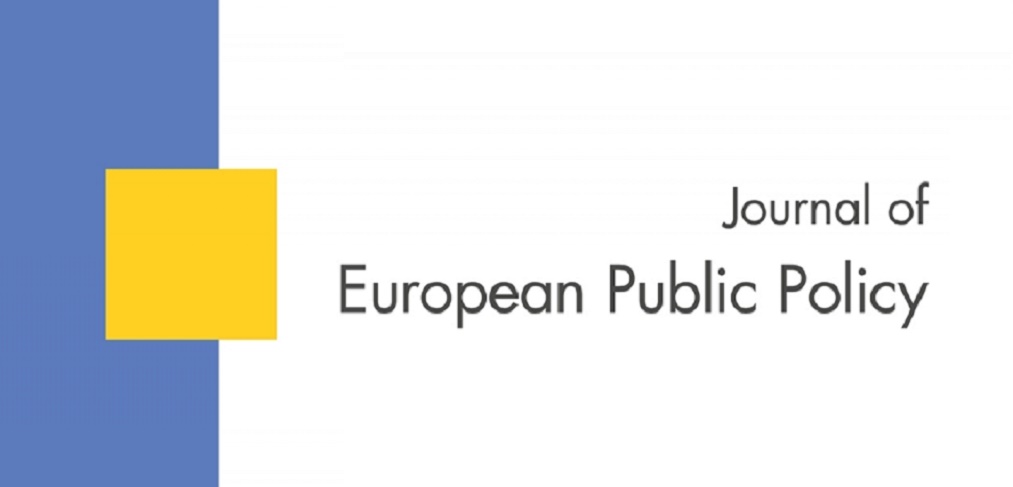EU-NormCon researcher Patricia Garcia-Duran has recently co-authored with Leif Johan Eliasson (East Stroudsburg University, USA) an article about the geopolitical implications of the Transatlantic Trade and Investment Partnership (TTIP), negotiated between the European Union and the United States. The paper has been published in the Journal of European Public Policy with the title ‘Why TTIP is an unprecedented geopolitical game-changer, but not a Polanyian moment’.
Abstract: This contribution argues that the Transatlantic Trade and Investment Partnership (TTIP) is unprecedented, not because it constitutes a Polanyian moment, but rather because it offers an alternative to multilateralism through the World Trade Organization (WTO). Never before has bilateralism offered such a ‘best alternative to no agreement’ (BATNA) to members of the core decision-making body of the WTO negotiating arm, making TTIP an unprecedented geopolitical game-changer. The anti-TTIP campaign, however, has not been driven by concerns with either geopolitics or trade liberalization, but rather fears about the European Union’s (EU’s) bargaining power. By strategically focusing on the potential impact on public policy and safety standards, normative arguments promulgated by opponents reflect concerns with perceived threats to the status quo and a willingness to preserve the same. The United States is presented (implicitly) as more powerful than the EU, and therefore perceived as able to impose its preferences, which are considered too neoliberal.

